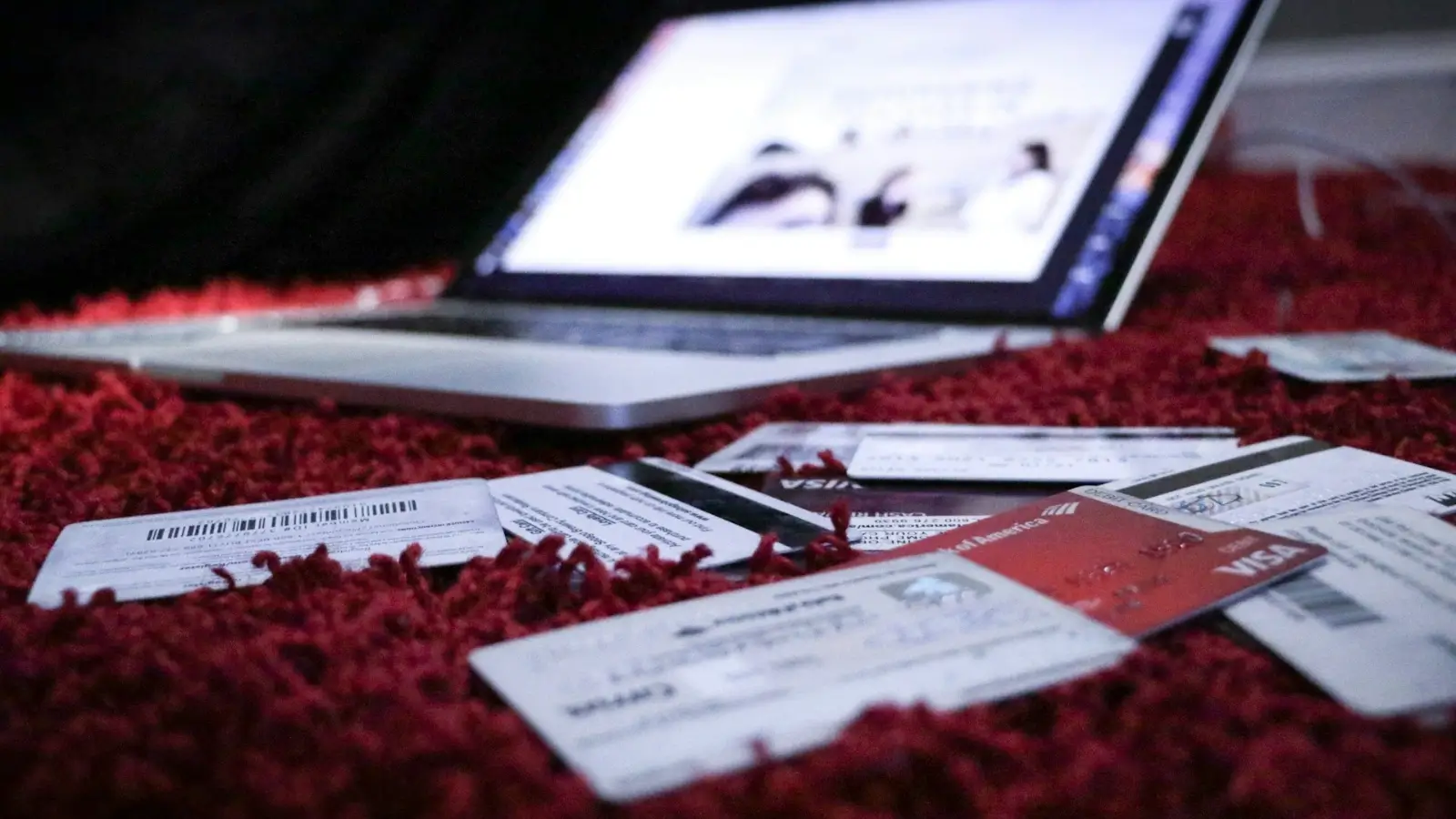


We all have dreams. Maybe yours involves starting a business, traveling the world, buying a home, or simply living without the constant weight of financial stress. Yet for millions of people, these aspirations feel impossibly distant, obscured by the shadow of debt that looms over every paycheck.
The tension between pursuing what we want and managing what we owe creates a financial tightrope that demands both courage and strategy to navigate successfully.
The good news is that dreams and debt don't have to be mutually exclusive. With intentional planning and smarter money management, you can honor your financial obligations while still moving toward the life you envision.
It's not about choosing one over the other—it's about finding the balance that allows both to coexist.
Before you can balance anything, you need to understand exactly what you're balancing. Debt comes in many forms, and not all debt carries the same weight or urgency. A mortgage, student loans, a car loan, credit cards, and personal loans all have different interest rates, terms, and implications for your financial health.
Start by listing every debt you carry, along with its interest rate, minimum payment, and total balance. This simple exercise often reveals surprising truths. You might discover that the credit card you barely think about is costing you hundreds of dollars in interest each year, while the loan you stress over constantly actually has manageable terms. Knowledge is power, and in personal finance, knowledge is also freedom.
High-interest debt, particularly from credit cards, can sabotage your dreams faster than almost anything else. When you're paying eighteen to twenty-five percent interest, you're essentially working to enrich a financial institution rather than building your own future.
Many people approach debt and dreams as if they're playing financial whack-a-mole: throw money at whichever problem seems most urgent in the moment. This reactive approach keeps you perpetually stressed and never fully addressing either concern. Instead, you need a structured plan that acknowledges both realities.
Begin by establishing a minimal emergency fund of at least one thousand dollars if you're dealing with debt. Yes, this might mean your dreams wait a few extra months, but this buffer prevents new debt from accumulating when unexpected expenses arise. Without it, a single car repair or medical bill sends you back to the credit cards, undoing months of progress.
Next, commit to paying more than the minimum on your debts while simultaneously setting aside something—even if it's small—for your dreams. This dual approach keeps you psychologically invested in your future while chipping away at your past mistakes.
The space between dreams and debt is filled with daily choices about how you spend your money. Each purchase is either moving you closer to freedom or keeping you tethered to obligations. The key is making these decisions consciously rather than defaulting to habit or impulse.
This doesn't mean living a joyless existence of deprivation. It means getting ruthlessly honest about wants versus needs and understanding that every yes to one thing is a no to something else. When you buy lunch out instead of packing it, you're saying no to an extra debt payment or yes to extending your timeline. Neither choice is inherently wrong, but it should be deliberate.
Look for the spending categories where you can reduce expenses without genuinely diminishing your quality of life. Many people discover they're spending significantly on subscriptions they barely use, convenience purchases that don't truly add convenience, or social obligations that drain their wallet without filling their cup.
One of the most critical aspects of balancing dreams and debt is refusing to add to the problem. It's remarkably easy to justify new debt when you're already in the hole—the reasoning goes that you're already drowning, so what's a little more water? This thinking is precisely what keeps people trapped in cycles of perpetual debt.
Before taking on any new financial obligation, ask yourself hard questions. Is this purchase moving you toward your dreams or away from them? Are you borrowing because you genuinely need something or because you're unwilling to wait? Can you find a creative alternative that doesn't involve debt? Often, a brief pause before borrowing reveals that the urgency you felt was manufactured, not real.
The journey from debt to financial freedom rarely happens quickly. For most people, it's a multi-year commitment that requires sustained effort and sacrifice. Without acknowledging progress along the way, burnout becomes inevitable, and when people burn out on their financial plans, they often abandon them entirely.
Build small rewards into your plan at meaningful milestones. When you pay off a credit card, celebrate with something modest but meaningful. When you save your first thousand dollars toward a dream, acknowledge that accomplishment.
The balance between dreams and debt ultimately comes down to patience paired with persistence. Your dreams deserve attention and resources, but so does your financial health. By refusing to ignore either reality, by making conscious choices rather than reactive ones, and by staying committed even when progress feels slow, you create a path forward.